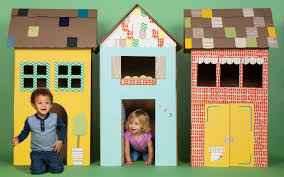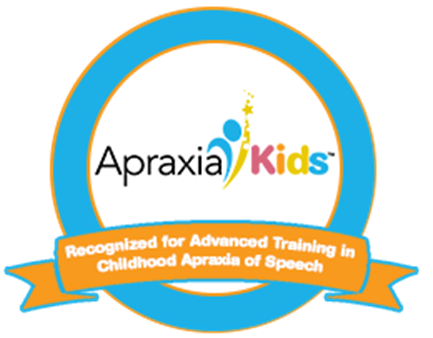These are unprecedented times we are living in. With the global pandemic ever present, many families find themselves at home, together, at all times. This presents challenges in the best-case scenario, but add in a child with a disability and you are doomed—or so you thought, before reading this article.
Fear of the Unknown
Adults and children alike are faced with a new type of anxiety. It is important to recognize this feeling and give it a space to exist. I particularly liked this Brené Brown Podcast, which does a great job explaining why this needs to be our first step. Once we have established that this situation is new and uncomfortable, we are free to explore something new. You may not have ever provided your child’s therapy directly, but you have observed countless sessions and done weekly homework assignments. You’ve got this! Need some more hand holding? Your team is still there to answer questions and guide you—though in a bit of a different capacity.
Take Action: Video tape your child while he is playing and send to your therapist. Ask a specific question, like “how do I get him to use more two word combinations when he is playing with this toy?

Take a Leap of Faith
Now that we have addressed your emotional well-being and support system, it is time to get down on the ground and play. You don’t need a bunch of crazy toys, but I bet you have a lot of boxes laying around from all these deliveries.
Take Action: Turn a box into a castle, a police station, supermarket…

You may be worried that your child will lose skills during this crazy time. I see this as an opportunity for children to truly develop play-something we are usually too busy to do. Beginning at about 15 months of age, play becomes so important for the development of cognition, language skills, problem solving, and socialization. Although your child may not have his peers around, you can model appropriate turn-taking, eye contact and questioning so that when this is all over, your child has gained more overall confidence in their play development.
You are Your Child’s Best Teacher
Although there is something to be said for a trained professional using clinically proven techniques to work with your child, the truth is that the real magic occurs in carryover, behind the scenes, with you.
It’s your time to shine, using everything you have learned from your team, to help your child continue to flourish in their play development.
Take Action: It’s easy to get overwhelmed. Choose one area to focus on each week. Do you want to tackle two-step directions this week? Play Simon Says, do a GoNoodle video, make a new recipe. Don’t go crazy—just incorporate the skill into whatever you’re doing.
What does the future hold?
As of the writing of this article, there is still no set date for when life will return to normal. If you were hesitant to try teletherapy in the beginning, it may be time to explore that option. Surprisingly, telehealth can be just as fun as in-person therapy, with cool games, annotation, and remote control. The more I learn about this innovative therapy, the more I fall in love with it.
For the time being, be present. Be aware of the gift of spending time playing with your child, and know that you have an entire support network just a text, email, phone call, or Zoom away.







0 Comments